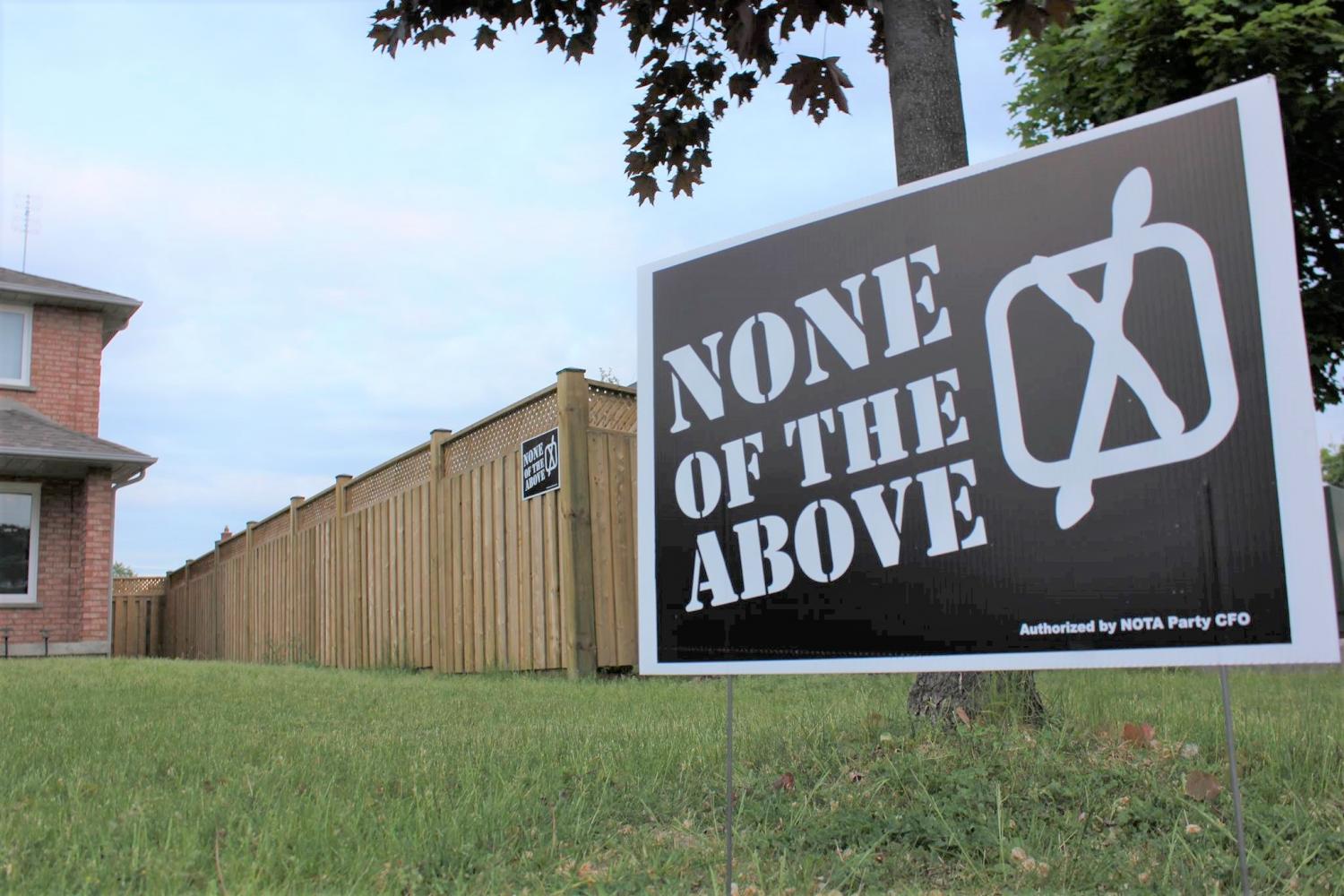
How U.S. Midterm Elections might affect Online Gambling Regulations in the U.S.A.
Last week the U.S.A. saw the holding of midterm elections for represented positions in the United States Senate.
The Republican Party had a considerable win and was able to pick up many seats in these elections, and in turn ensured they now command the majority of the voting power in the any issue before the U.S. Senate.
The outcome from these elections will have a significant impact on U.S. policy making and implementation for at least the next two years, both domestically and internationally.
One area that will be looked at in the coming term is the issue of online gambling regulation, throughout the states of the U.S.A..
Following we take a look at four U.S. states where online gambling regulation is of note; the results that occurred within them, and the possible implications for online gambling in each of them.
Florida
The result in Florida is of some concern, as Republican and current Governor Rick Scott was re-elected. Governor Scott is known to be a supporter of land-based casino identity Sheldon Adelson, who has previously campaigned against online gambling; presumably to protect his own significant land based gambling interests.
Hopes in the iGaming community were high for Florida, which was seen by many as a good candidate to adopt online regulated gambling in the near future. Governor Scott’s re-election might put those hopes on hold for now, but in the grand scheme of things, all is not considered lost.
Illinois
Its goodbye Democrat Pat Quinn and hello Republican Bruce Rauner in the state of Illinois, as a changing of the guard takes place.
Quinn was known to be staunchly anti-land based casino, so his exit won’t cause too many tears in the gambling community. The incoming Governor Bruce Rauner has previously expressed his dislike for gambling (a hardly unique position for an un-elected politician to hold); though he has said he might be ok with land based casinos if the community is already on-board with the idea.
If the commonly held belief that land-based gambling supports the cause of online gambling regulation holds true, than it could be considered that Illinois’ overall position has shifted for the better which will benefit slots such as Jack and the Beanstalk, general casino sites, as well as sportsbook and poker rooms.
Massachusetts
It could be observed that there were both wins and losses coming out of the Massachusetts vote.
On the positive side, voters rejected an attempt to retract a law from 2011, which allows for the licensing and construction of three land based casinos in the state, and this might indicate an overall approval for gambling related activities by the public, though the creation of jobs and projected annual revenue from these casinos should not be discounted either.
On the negative side, the election of Deb Goldberg as the new Massachusetts treasurer could be of concern, as she has voiced anti-online gambling opinions in the past, and was supporting the repeal of the previously passed laws from 2011.
Just how things will progress in Massachusetts remains to be seen. The new land-based casinos revenue will almost certainly be welcomed by the politicians of the state, and perhaps this can be extended to an online platform within time.
Pennsylvania
Tom Wolf of the Democrat Party took the top prize in Pennsylvania in the voting held there.
While he has espoused anti-online gambling rhetoric in the past, things are always different and easier when you are not sitting in the hot seat.
With a bag full of election promises to fulfil, Governor Wolf will no doubt be raiding the coffers for every penny possible, and the lure of gambling gold might be enough for him to soften his previously held position.












